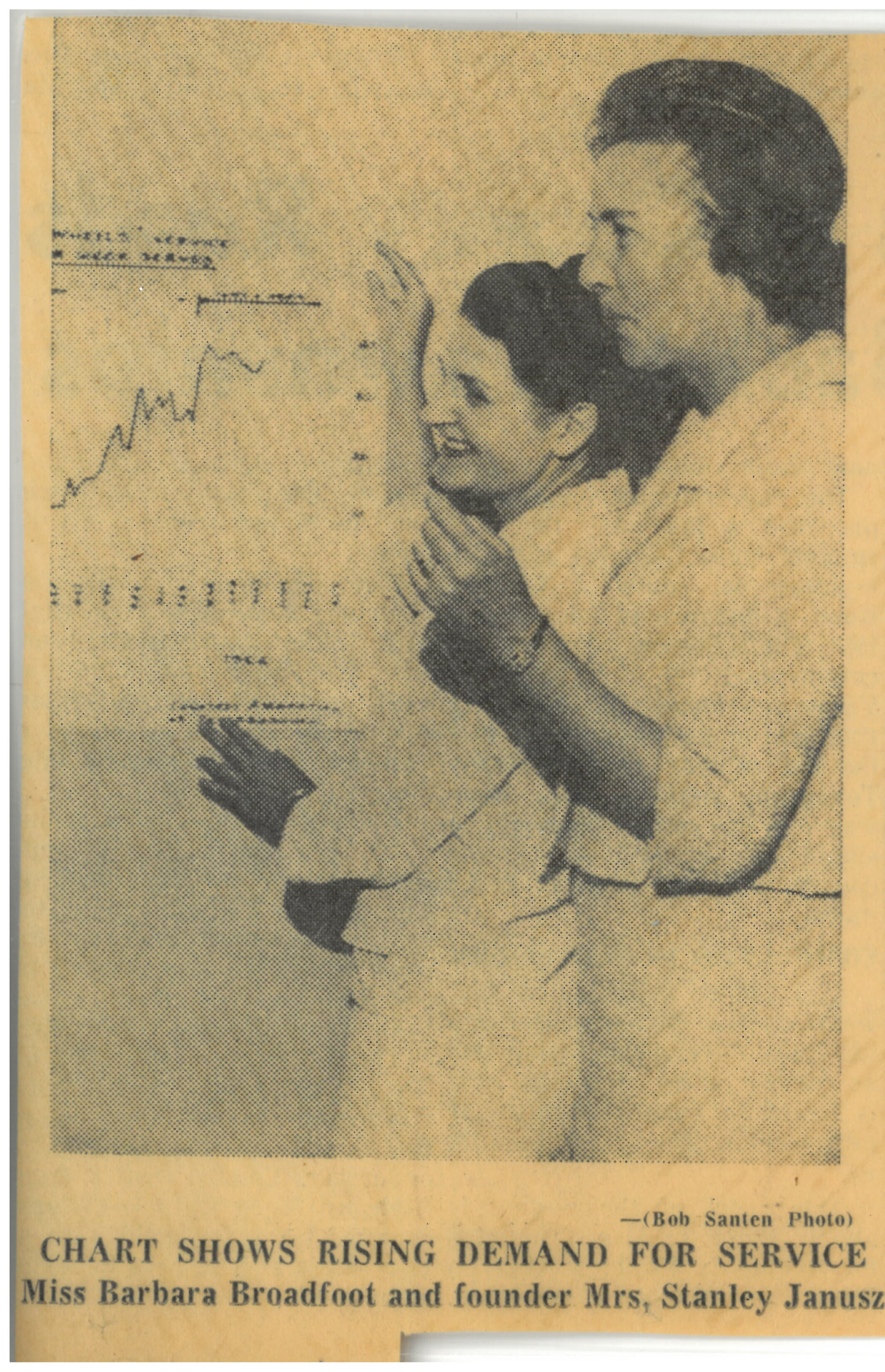When Meals on Wheels launched in Peterborough in 1964, it was more than a new community service — it was a bold statement about what it means to care for our elders.
Just months into the program, local columnist Sally Hamilton praised the initiative in the Peterborough Examiner, writing, “The best dinner of the week comes on wheels.” That same year, a visiting speaker from Toronto’s Jewish Home for the Aged reminded volunteers, “One meal a week doesn’t sound like much … but it’s the social contact that benefits them so much.”
It didn’t take long for provincial health experts to take notice. In 1965, Barbara Broadfoot, a senior nutritionist with the Ontario Department of Health, remarked on how unique the Peterborough program was: unlike many others, it wasn’t started by a professional institution — but by a small group of compassionate citizens. She praised their ability to not only nourish bodies, but to preserve independence and dignity. “A lack of the proper food often brings older people to a state of incapacity,” she noted. “Some do not have the energy to look after themselves.”
By 1975, a study on local seniors showed the need was still urgent. It found that 5% of seniors didn’t have access to a regular hot meal, and 11% had difficulty preparing food. Meals on Wheels of Peterborough was highlighted as a vital service helping to bridge this gap — a quiet, consistent force promoting wellness and preventing isolation.
That vision lives on today at Community Care Peterborough. Meals on Wheels continues to offer nourishing, affordable meals delivered with a friendly check-in. But our fight against food insecurity has grown, too — now including grocery shopping support and delivery for clients who can no longer shop on their own.
Because just like in 1964, we know that food is more than fuel. It’s care, it’s connection — and it’s a lifeline.









